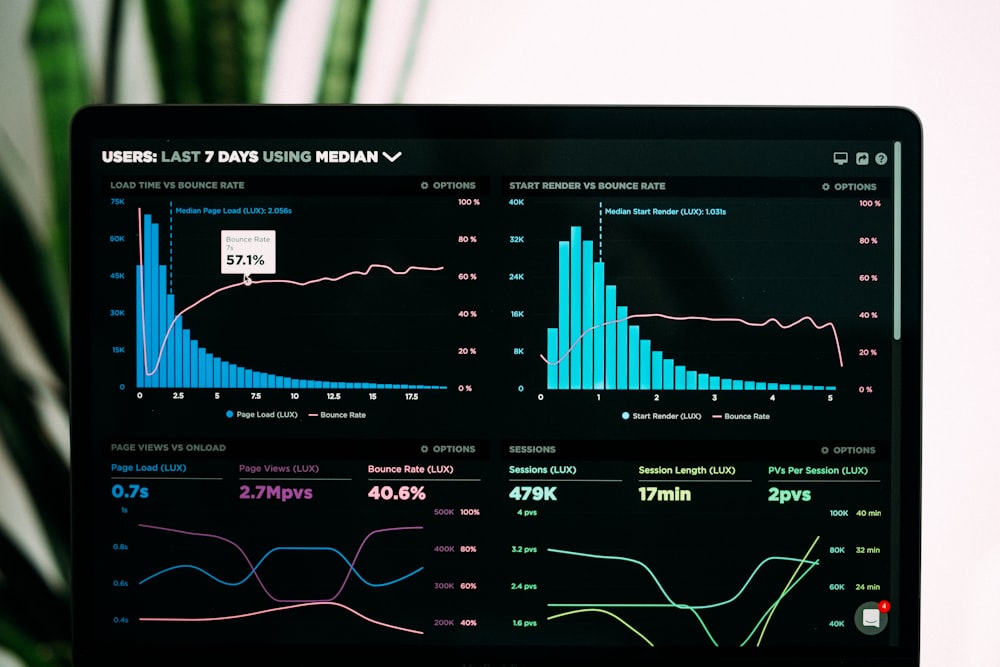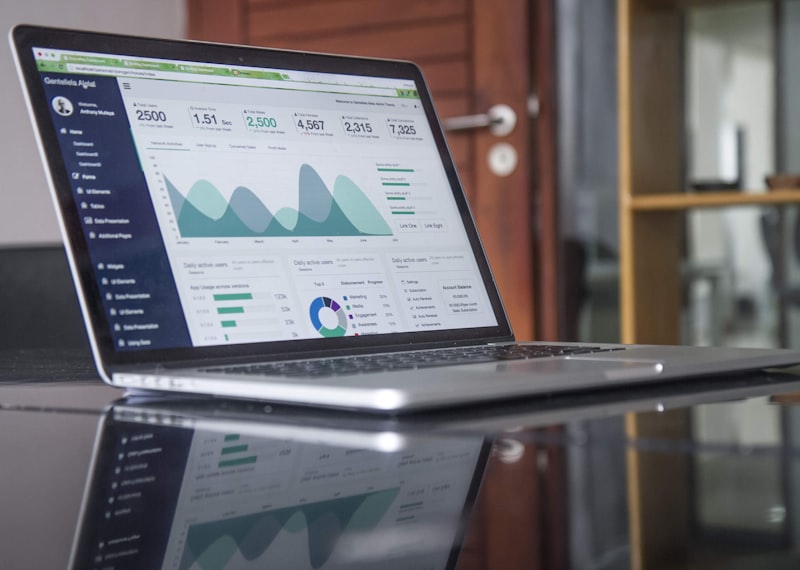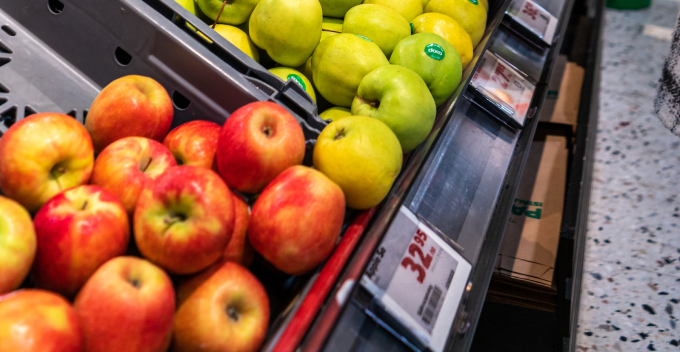📋 Technical Report Available
This report introduces a methodology for identifying dataset mentions in research publications and comparing coverage across citation databases. Tracking these mentions helps measure the reach of federal datasets and supports future data investment decisions. The analysis also highlights the range of research topics where these datasets are used across disciplines.
Report Highlights:
- Code repository for data cleaning and standardization
- Data schemas by citation database
- Standardized institution tables using IPEDS identifiers
- Data visualizations summarizing report findings



